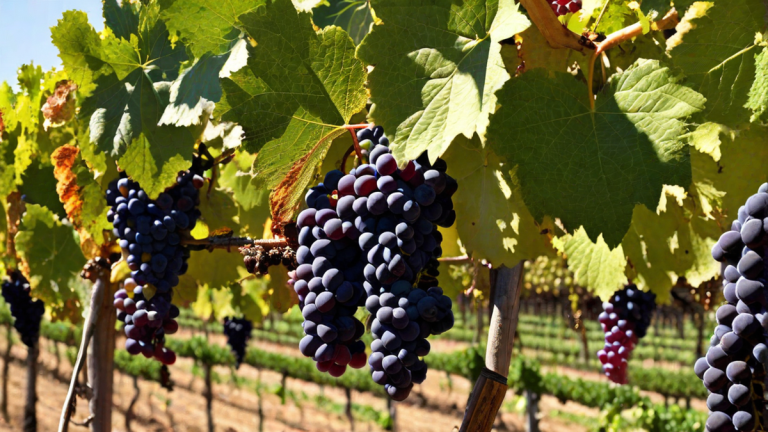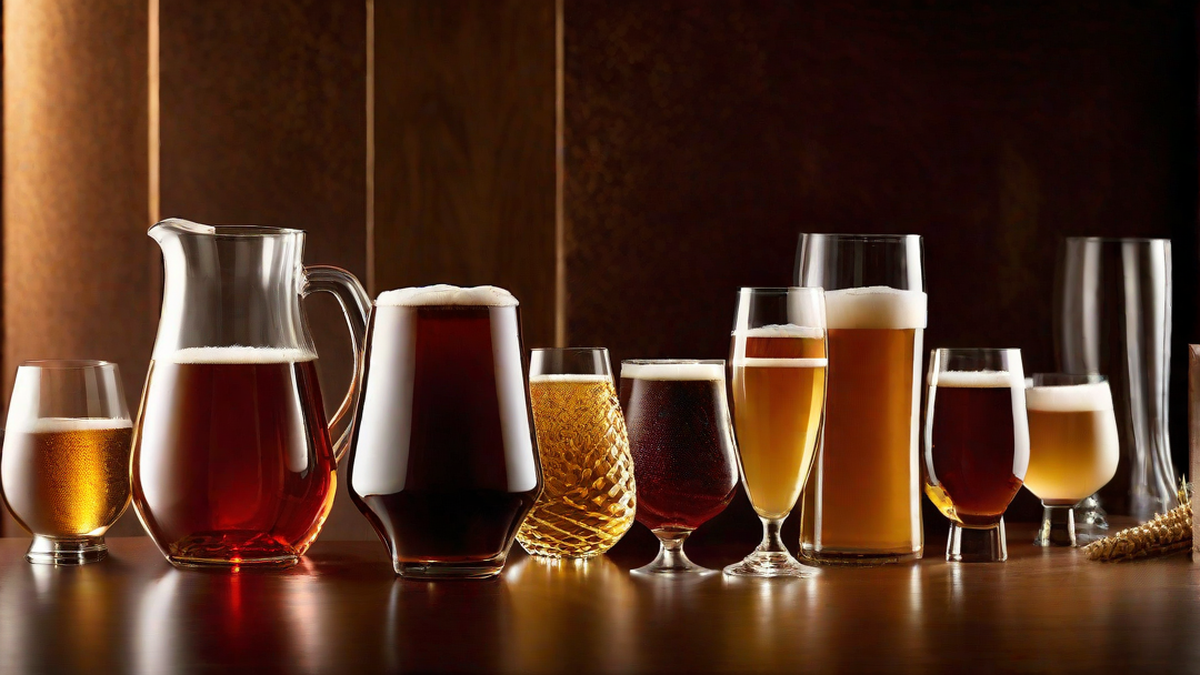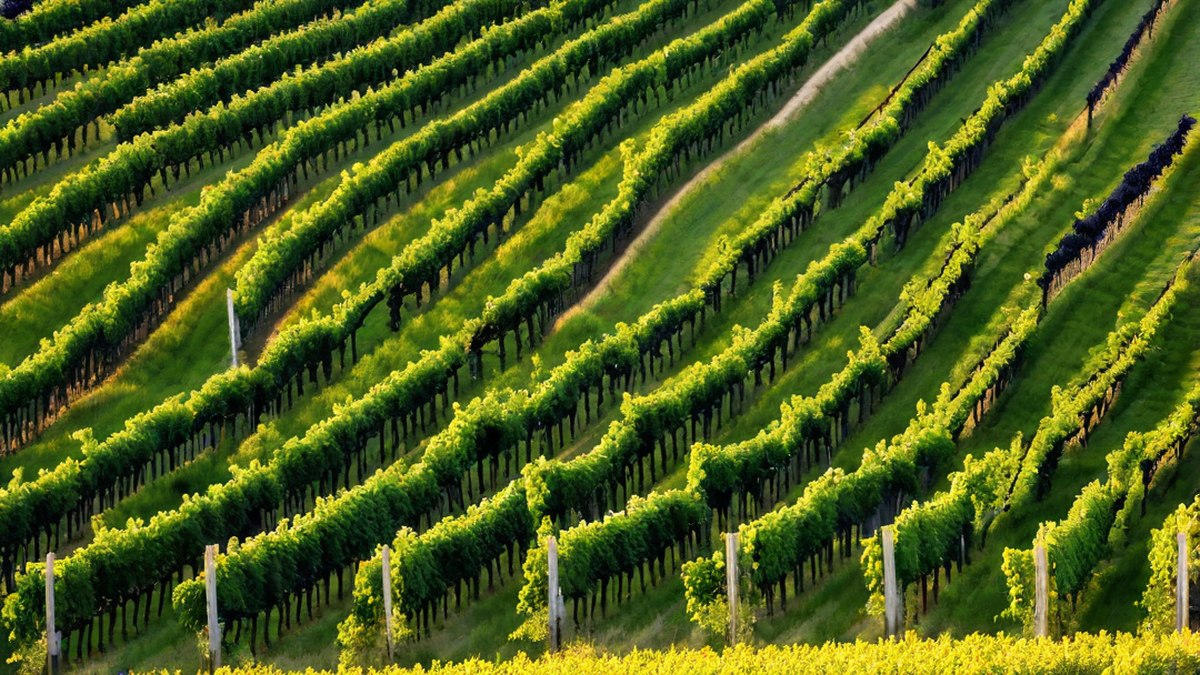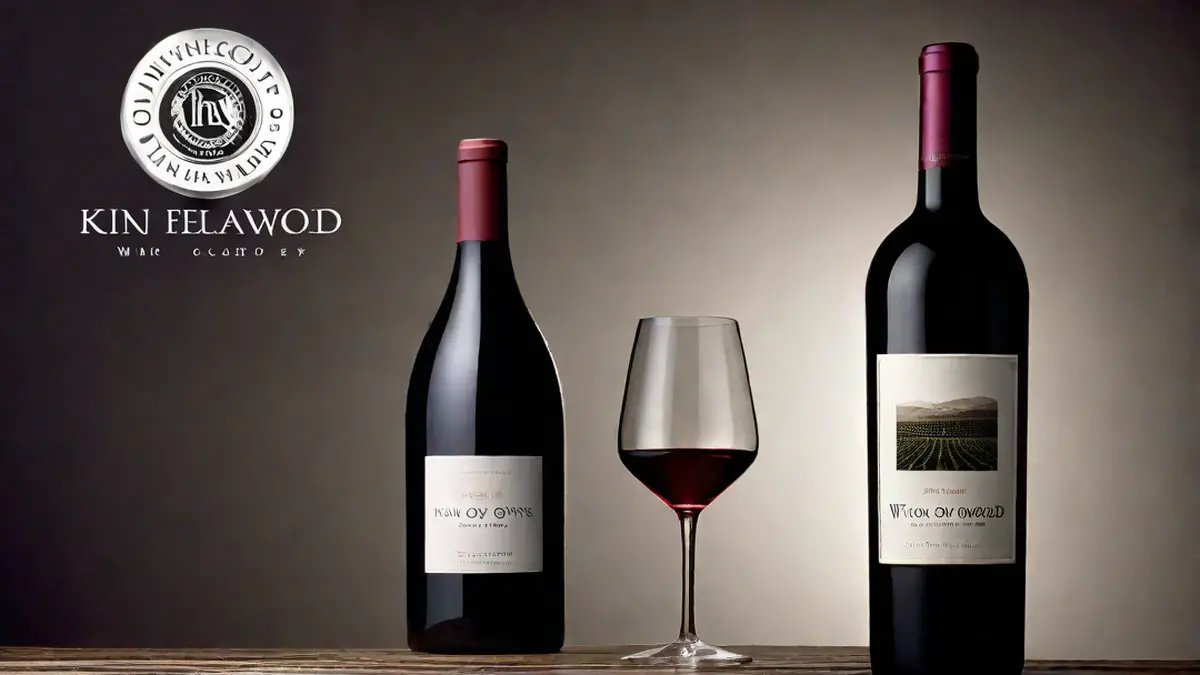Throughout my years delving into the opulent world of wine, I’ve often reflected on the significant history that this enjoyable drink carries. A question that has always intrigued me centers on the comparison of the wine mentioned in the Bible to the wine we enjoy today. Join me as we embark on a journey to discover the fascinating universe of wine as depicted in biblical times.
When we talk about wine in the Bible, we are transported back thousands of years to a time when winemaking was an integral part of daily life. Wine played a vital role in the religious and social customs of ancient civilizations, including those mentioned in the Bible. As I sip on a glass of rich red wine, I can’t help but reflect on the connection I share with generations past.
It’s important to note that the term “wine” in the Bible was often used broadly to encompass the entire range of fermented grape-based beverages. This means that the wine mentioned in biblical texts could have varied in style, flavor, and alcohol content, much like the diverse selection we have today. From delicate whites to bold and robust reds, it’s fascinating to think about the different types of wines that might have been cherished in ancient times.
One of the most well-known biblical references to wine comes from the story of Jesus turning water into wine at the wedding in Cana. This miracle has sparked debate among scholars and wine enthusiasts alike. Some argue that the wine produced by Jesus would have been of exceptional quality, surpassing anything we have today. Others believe that the wine was simply ordinary, with the miracle lying in its unexpected appearance.
As I explore the pages of history, I discover that the winemaking techniques of ancient times were quite different from those employed today. In biblical times, grapes were typically harvested by hand and crushed by foot, a process that allowed for varying levels of oxidation and extraction. Fermentation would occur naturally, relying on the wild yeast present on the grape skins. This natural approach to winemaking would have contributed to the unique flavors and characteristics of the wine of that era.
While the specific varietals and styles of wine mentioned in the Bible may not align with the wines we enjoy today, it’s important to remember that wine, much like language and culture, evolves over time. The essence of wine remains unchanged, symbolizing celebration, communion, and the simple pleasures of life. Whether it be the ancient wine of biblical times or the modern vintages we revel in, the magic of wine transcends generations, connecting us to our past and uniting us in the present.
Indeed, as I raise my glass to toast the wonders of wine, I am reminded of the rich tapestry of history that comes alive with each sip. The wine in the Bible may not be the exact same as what we have today, but its influence and importance in shaping our collective experience cannot be denied.
So, the next time you find yourself enjoying a glass of your favorite wine, take a moment to reflect on the journey it has taken to reach your lips. Let its flavors transport you to a time long ago when wine flowed freely and stories were shared over the clinking of glasses. Cheers to the timeless allure of wine and the enduring legacy it holds in our hearts and minds!




